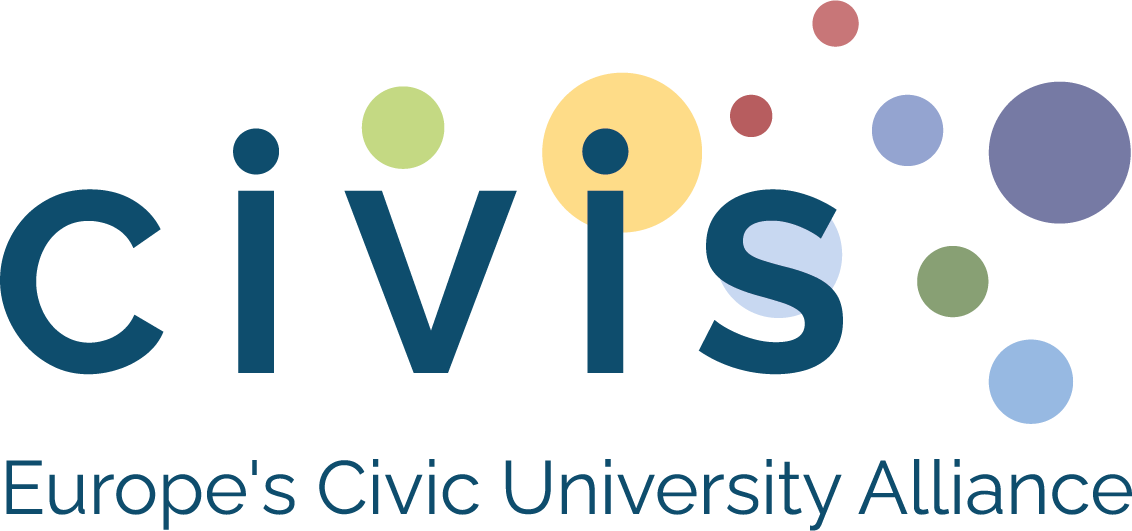Thematic areas and content
The BIP should be related to one of the 5 CIVIS challenges and their related HUB:
Include, where possible, themes not only relevant for Europe, but also for Africa and/or the Mediterranean Area, especially if members from CIVIS’s African partner universities are included in a BIP partnership. The extended list of all thematic areas and subtopics can be found in Chapter 5.1 of the full guide of this call. BIPs can cover more than one thematic area, where inter-topic and transdisciplinary approaches are encouraged.
Content and elements of good practice
BIPs should provide a new perspective upon teaching and learning practices, as an added value in comparison with other programmes or courses, through innovative approaches such as:
- specialised content not taught somewhere else;
- transnational and transdisciplinary curricula;
- innovative ways of teaching and learning;
- research-based education;
- challenge-based approaches that tackle societal challenges;
- modern approaches to learning through physical and virtual mobility.
This short mobility programmes can allow the teaching staff to exchange views on teaching content and new curricular approaches, to test innovative teaching methods that could eventually become part of a newly devised joint course or curriculum in an international classroom environment. The ratio of teaching / training staff to students / learners should guarantee active classroom participation. In addition to the learning outcomes on subject-related competences, it should help develop transversal competences. The number of teaching hours must ensure that most of the time spent abroad is related to education and training, and not to research or any other activity.
To mitigate against the risk to funding due to insufficient number of qualifying students, and address possible cancellations / drop-outs, participating institutions should plan to send a minimum core number of students to ensure the programmes reach the minimum required number of participants.
The programme should include, when possible, guest speakers from government departments, non-governmental organisations, local, regional, or national representatives, decision or policy makers, private sector, and civil society representatives a to present their views on relevant issues.
Assessment is mandatory, validating the acquired learning outcomes / competences, and must be included in the programme description (the exact method(s) of assessment must be defined in the application.
Download the FULL guide - Call for BIPs








